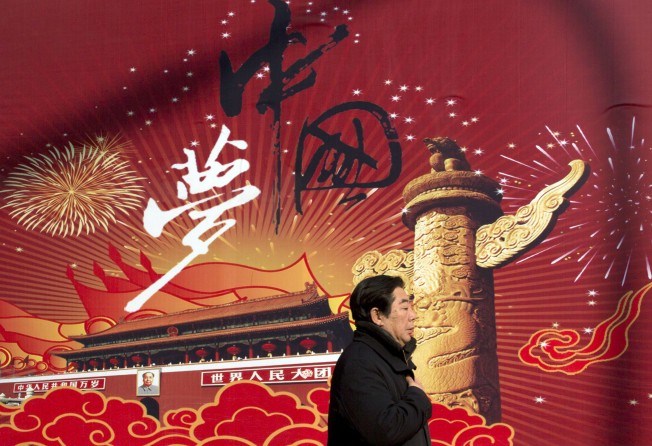America must face up to China's rising global clout
Andrew Leung says ahead of Xi Jinping's first state visit to America, Washington needs a clear understanding of Beijing's intentions and strengths amid the changing power dynamics

As President Xi Jinping's first state visit to the United States draws near, his phraseology of "new great power relations" is seemingly being shunned by Washington. A host of doubts come to mind. How robust is China's rise that it merits "great power" status? Is it sustainable? What are China's ultimate intentions? Should China be contained or confronted?
To read China correctly, a number of myths need to be debunked. The first is that the recurrent "China collapse" speculation does not accord with reality. Despite slower growth, China's ambitious third plenum reforms are starting to shift the economy towards more moderate and less energy-intensive development.
The second myth is that China's power may be illusionary as it can hardly be considered on a par with the United States. While China's per capita gross domestic product, creativity, military capacity, network of allies and, above all, soft power, are far inferior, power dynamics do not always depend on parity.
China's gravitas lies in its connectivity as the hub of a globalised supply and production chain. This is likely to be further enhanced if China succeeds with its "One Belt, One Road" strategy. Influence also comes with size; China has become the world's largest trader and resource customer. More currencies now move in tandem with the renminbi than the dollar.
The third myth is the fear that China's rise would overturn the world order at the expense of the US and its allies. China has been the greatest beneficiary, and indeed staunch supporter, of the existing world order. There is no sign that China wants or is able to form a new one, rather, that it desires to share power in global institutions and seeks status on equal terms with the US.
The fourth myth is that China's rise would dominate Asia, resulting in intense security competition with potential for war. In an interconnected world, it makes no sense for China to push the US out of the Asia-Pacific. American trade and investments enlarge the economic pie. Its military presence underwrites regional security at little cost to China.
So, what does China want and should its rise be confronted, contained or shaped to maintain world order and American primacy? China's vision is encapsulated in the "China Dream" - a strong, prosperous, harmonious and sustainable nation harking back to its glorious past as a great power. Facing umpteen challenges, the last thing China wants is to rock the global order through aggression.
Nonetheless, central to the China Dream are what Beijing deems "core interests". These include upholding the one-party state, national security and territorial integrity, and development interests. The South China Sea encompasses three of them. With a legacy of national humiliation, China is likely to fight tooth and nail in defence of these interests. Mishandled, the South China Sea could well boil over.
On the other hand, China is increasingly ready to contribute to the global commons over such challenges as Dafur, the Gulf of Aden, North Korea and the nuclear deal with Iran.
Many prognoses seem to suggest that the US should accept the reality of China's rise. In Is the American Century Over?, Professor Joseph Nye explains why "leadership is not the same as domination". America would be well advised to curb its instincts of Jacksonian "exceptionalism" by sharing power and responsibility in maintaining a benign international order.
During Xi's state visit, the term "new great power relations" may or may not be articulated. But an era of such relations may already be in the making.
Andrew K. P. Leung is an international and independent China specialist based in Hong Kong